“Body Parts Sonnet” and “Found Poetry in Triptych”
By Innas Tsuroiya
Yanyun Chen - The Thought Visits You (2020), Photography series with Tom White
Image description: Four arms are depicted in a high-contrast, black-and-white photograph. Three hands reach down diagonally from the top left corner of the image; each is placed on a black scarf. The topmost hand has its fingers outstretched. Below it, the middle hand is held loosely in a fist, with its index finger reaching out slightly. From the bottom right corner of the photograph, a fourth hand reaches to grasp it. On the left of the image, the bottommost hand reaches out as if to grasp something.
Body Parts Sonnet
after Bribes de Corps (Huguette Caland, 1973)
Where to look after a semblance of you?
Rose apples, the color of crystal salt,
lavish like a guava’s inside, sinew
unassuming & forfeited to halt.
Here sits what one felt is right & replete
to parade: amour & asymmetry
layered on firebrick. Senses led to bleed,
embraceless—not yet read the whole flesh-tree.
While plump with butter-like contours & shapes
its cleft reminiscent of past cipher
however tinctured as if ruby grapes.
Exhaust the known stillness, spare framed desire;
for no hands, eyes nor mouth would rather moor
when sentience, too, furnished the first allure.
Yanyun Chen - The Scars that Write Us – Front, Side, Back (2018), Charcoal on steel, 180 cm x 80 cm
Image description: Three charcoal drawings depict hazy body parts against black backgrounds. The leftmost drawing depicts the front of a figure’s upper torso, with their shoulder and collarbone rendered in stark highlights. The middle drawing depicts the side of a figure’s slightly hunched, bare-boned back. The rightmost drawing depicts a corner of the figure’s back tilted to the left. Gold-leaf reliefs subtly adorn the body parts. The body parts are rendered in shadows, appearing ghostly.
Found Poetry in Triptych
from Marguerite Duras’s The Lover (1984)
I. Let the Body Alone
nothing’s wasted
all is swept away in the torrent, in the force of desire
so near, so close
brushing against the wood
through the room / again and again / unto death
close my lips, very quietly
within him a supreme elegance
now evening comes, even when I’ve forgotten
II. Remember the House
like everywhere else / always the same
arched,
an open garden—the
plants are dead from the heat—surrounded by blue
balustrades
I’m thinking
about my mother
this dishonor,
a question of marriage
it’s usual to be sad
because we’ve made love
with the heat at its height
people love one another
as soon as it gets dark
which comes only from myself
III. Sadness in Photos
a misfortune my mother has always predicted
when she shrieks in the desert of her life
she believes like the messenger of God / she shouts that
you shouldn’t expect anything ever
nothing but my mother’s salary
shameless / engulfed again
riveted, moaning
we can still hear it
Innas Tsuroiya is a poet and writer living in Indonesia. Her work has appeared in Protean, Guernica, Michigan Quarterly Review, Tinderbox, Running Dog, Quarterly Literary Review Singapore, and Berlin Critics’ Week, among others.
*
Dr. Yanyun Chen (Singapore) is an award-winning visual artist. She runs a drawing, new media and installation practice. Her works delve into the aesthetic, cultural and technological inheritances on one’s body, unravelling fictional and philosophical notions of embodiment, heritage, and legacies. These works are grounded in the physicality of human and botanical forms. Chen graduated from the European Graduate School Philosophy, Art, and Critical Thought PhD programme (2018), its Communications MA programme (2014), and Nanyang Technological University School of Art Design and Media Digital Animation programme (2009). She is a Professor of the Practice in Drawing and Painting at Tufts University School of Museum of Fine Arts in Boston, MA, USA.
If you’ve enjoyed reading this article, please consider making a donation. Your donation goes towards paying our contributors and a modest stipend to our editors. Singapore Unbound is powered by volunteers, and we depend on individual supporters. To maintain our independence, we do not seek or accept direct funding from any government.

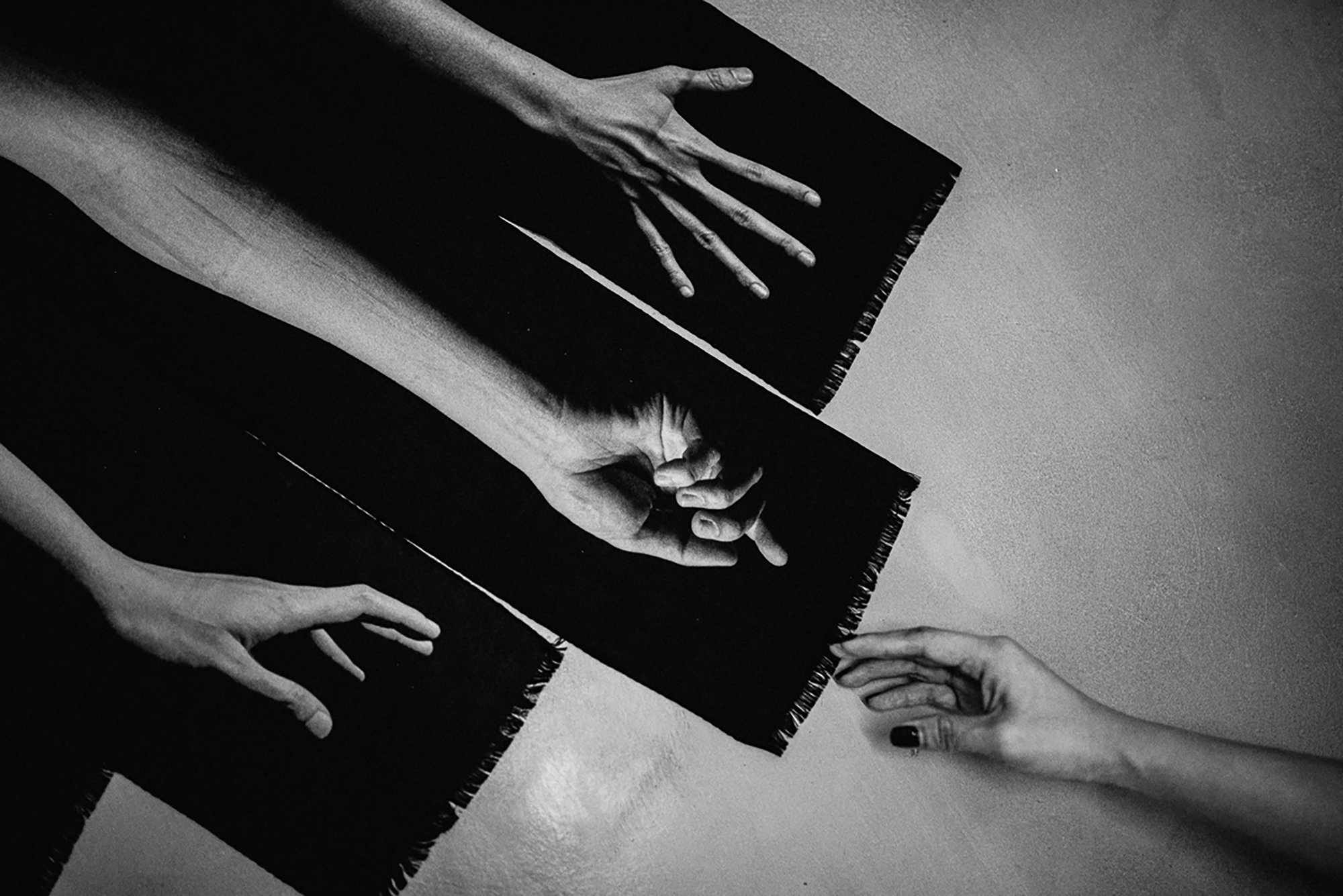
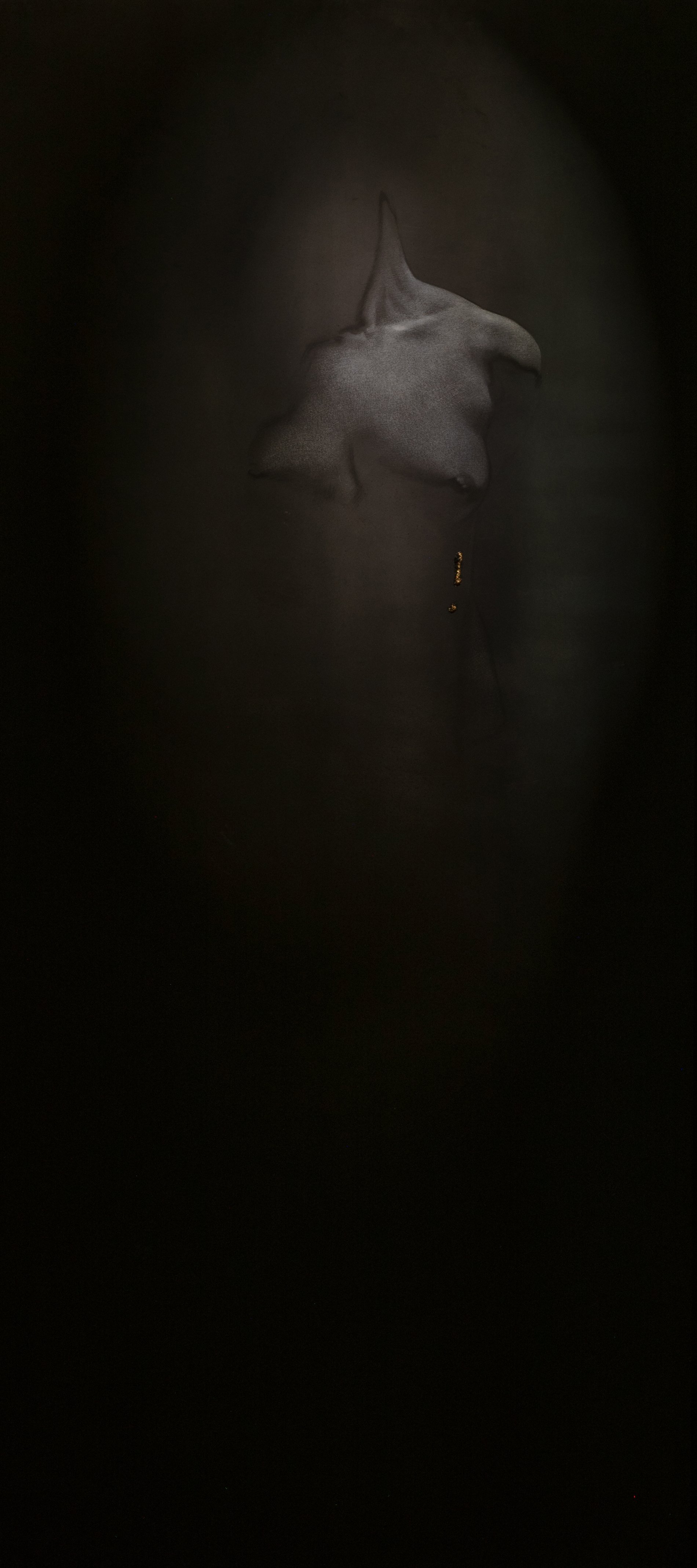
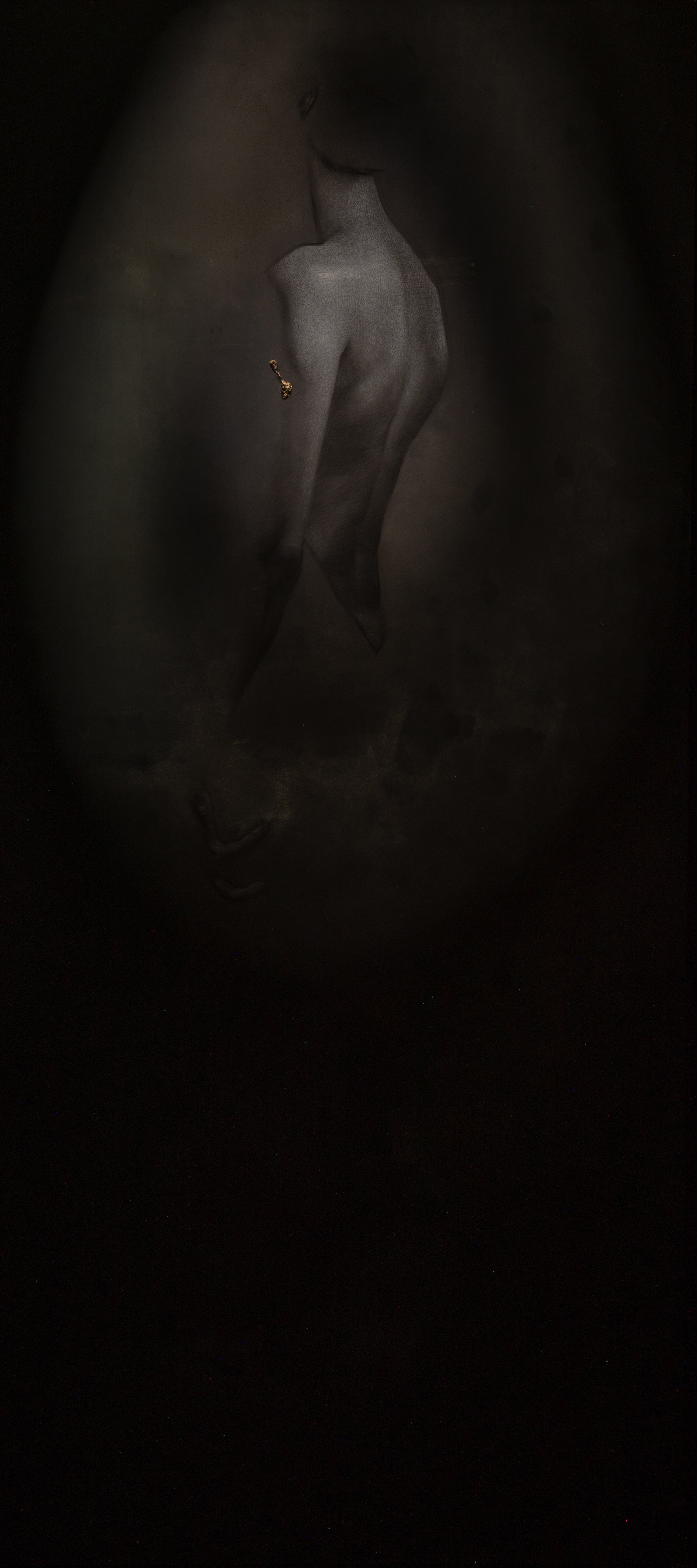
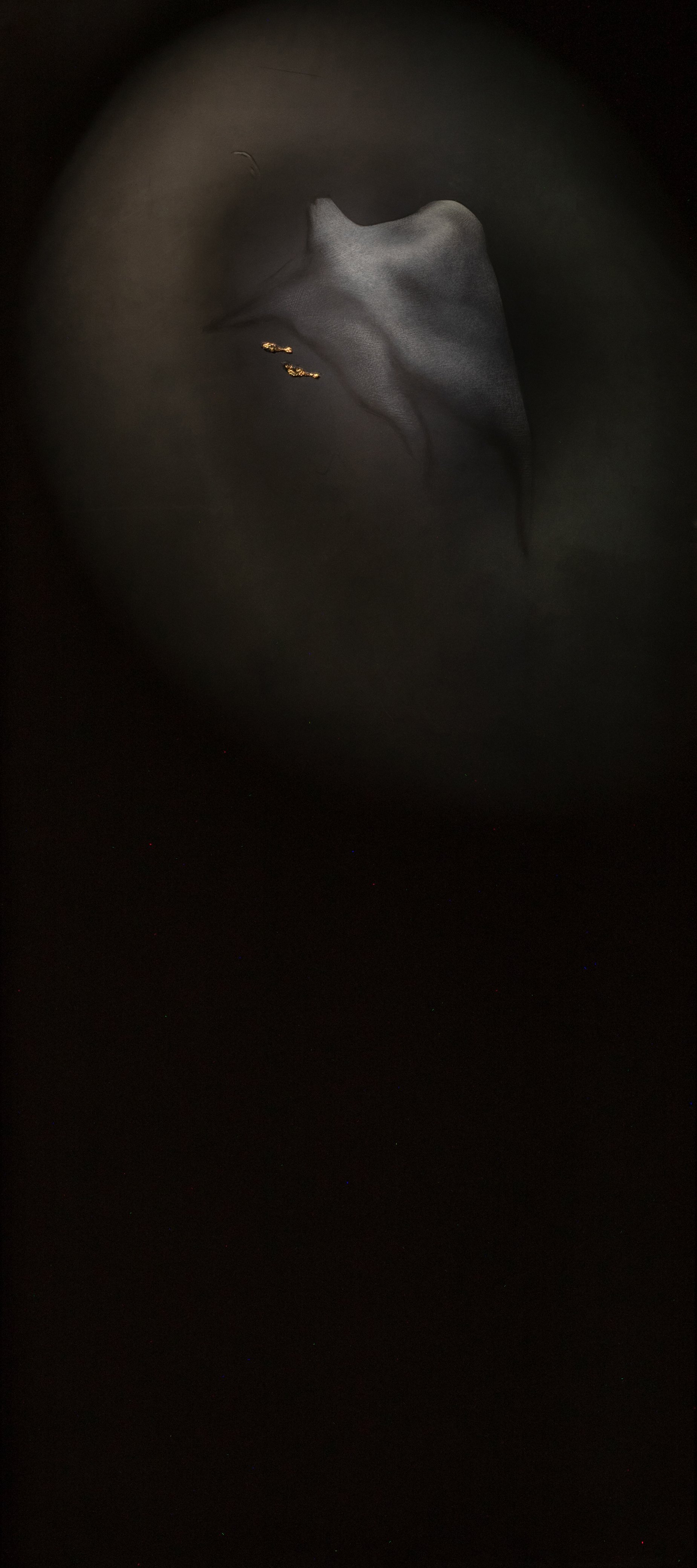
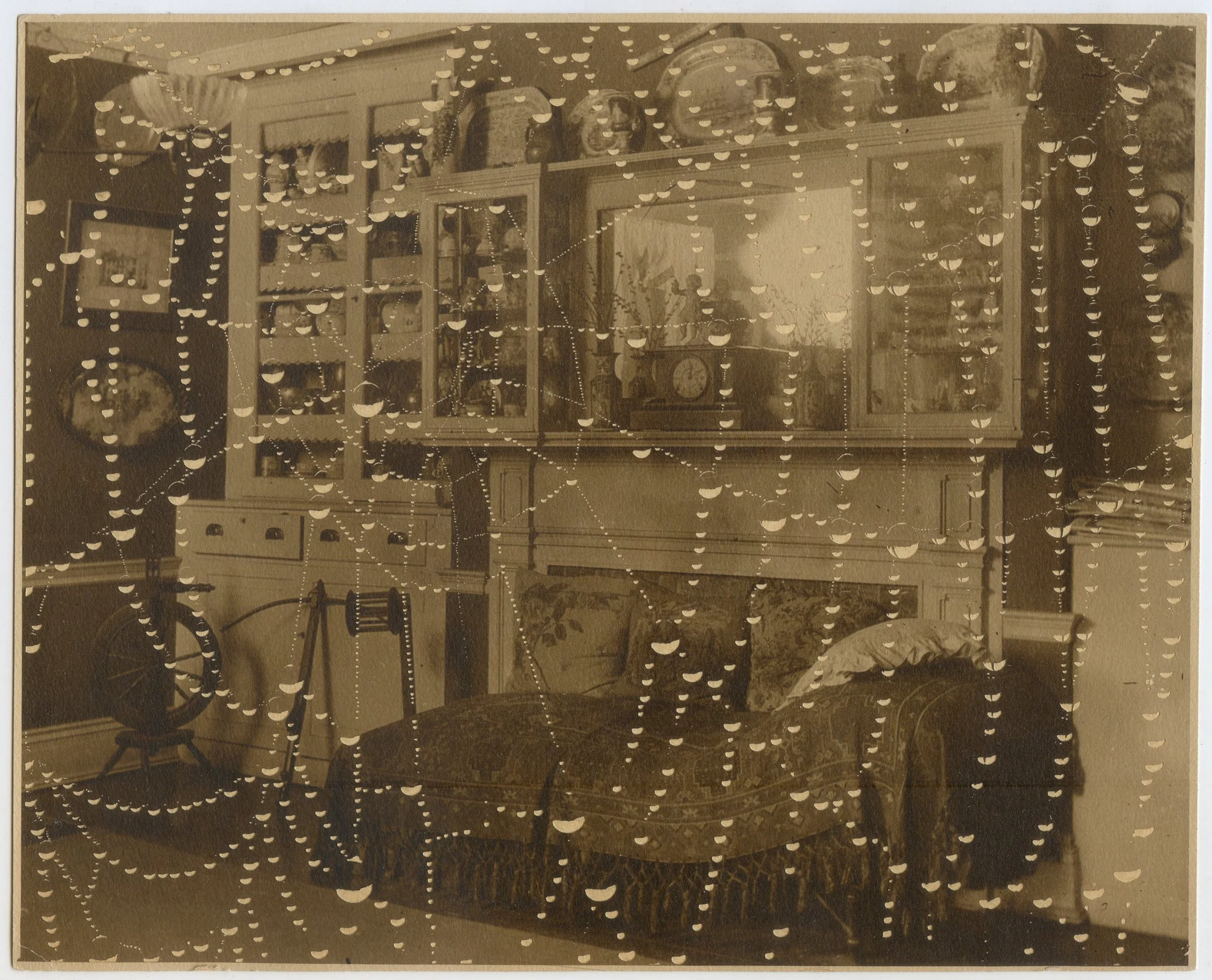

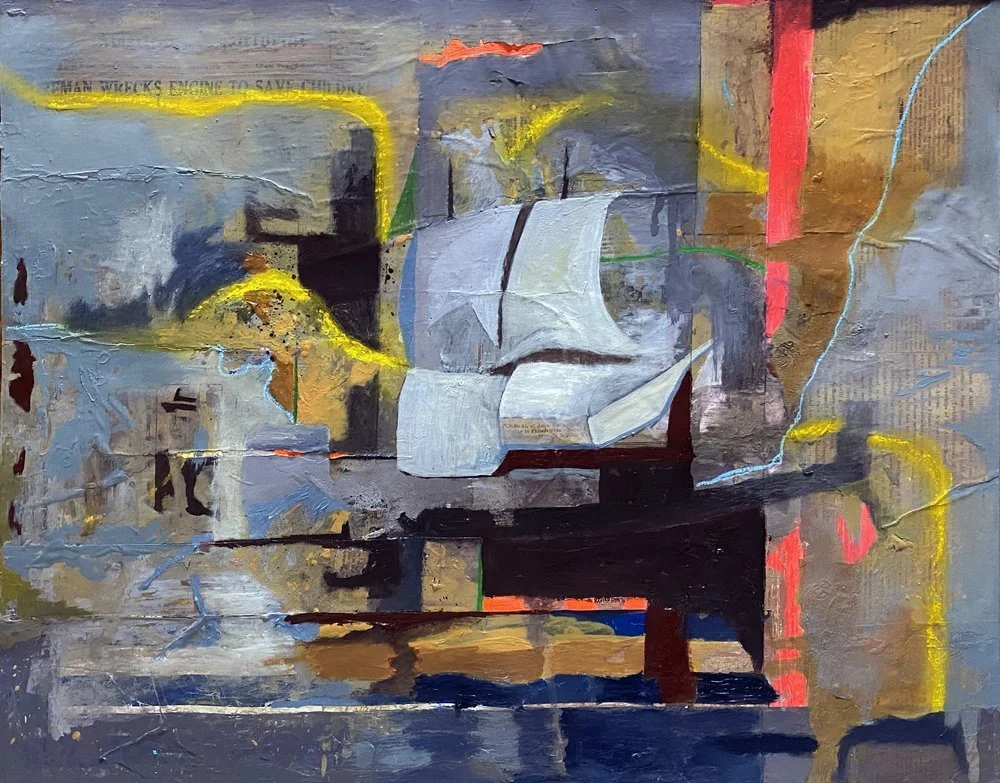
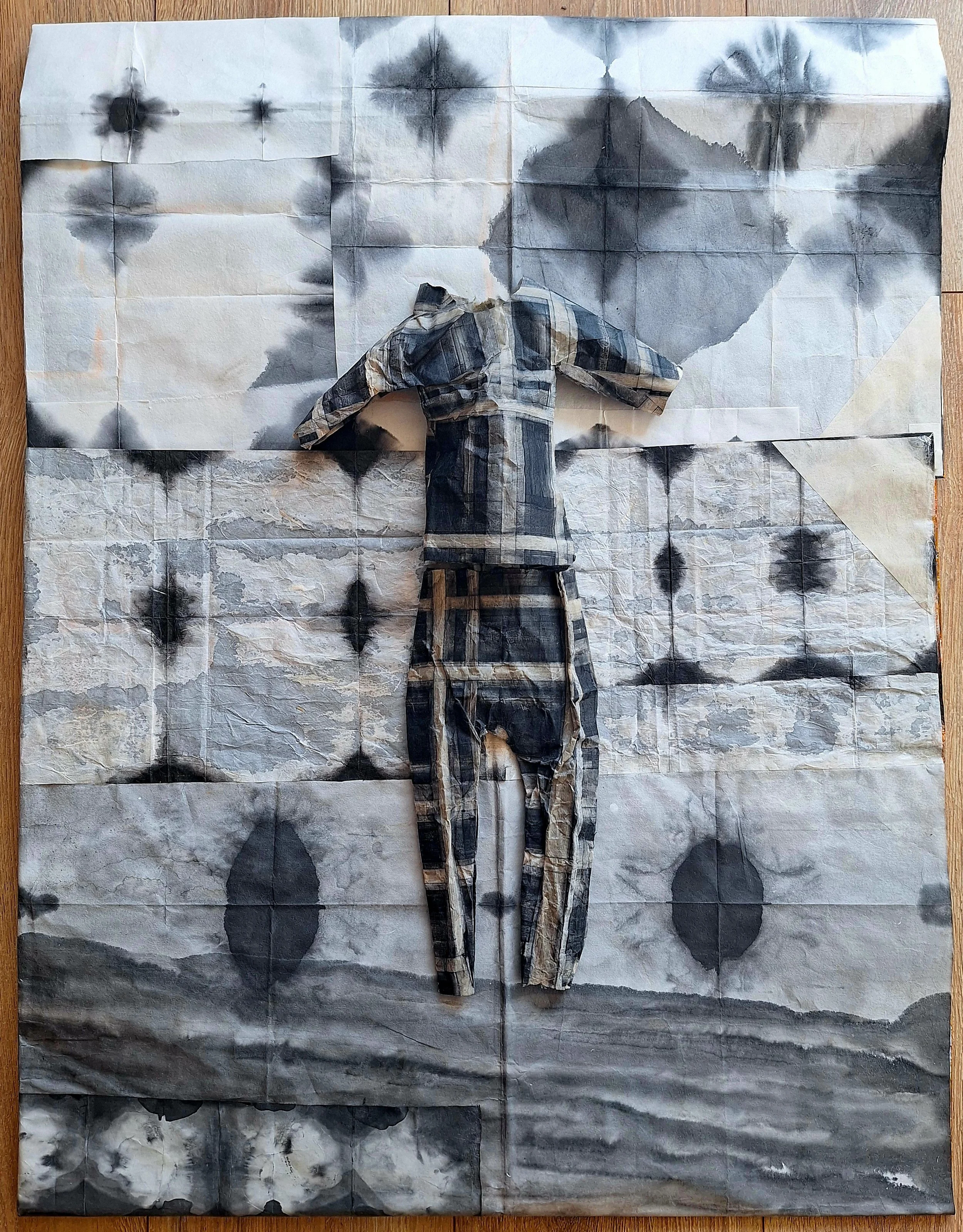




“Like the man who wears a vest saying negotiator in a hostage situation, I want one that says prioritizer.” Three poems by Satya Dash.